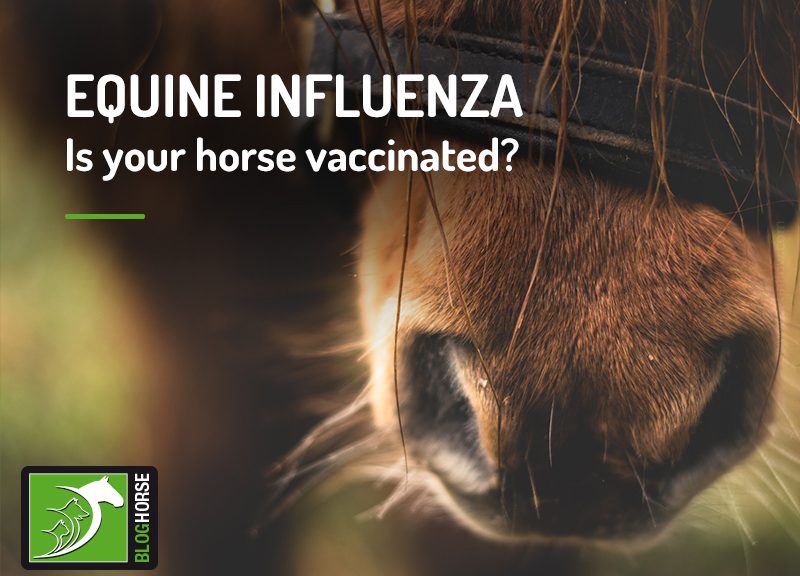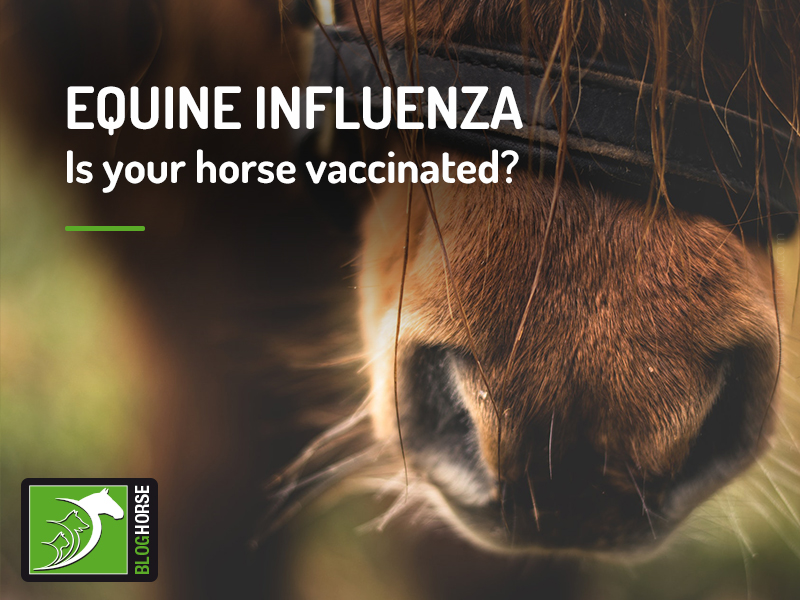Now that the holiday fun is over, it’s time to get back on track. School is about to start, we are hopefully enthusiastic to get back to work, and it’s easy to forget our pets that will be left behind when the children and adults leave the house empty once again.
If you are starting to notice your pet is sleeping more, eating less and if you feel that they are not as bright and enthusiastic as usual, here are some tips to help you promote a smooth transition back to everyday routines.
#1: Preparation
If you have a puppy or a new dog, it’s important to start getting him or her used to being alone for certain periods of time early on. This involves training your dog to be comfortable and relaxed in your absence, which might take some time and patience, but will prevent the development of behavioural issues such as separation anxiety in the future.
This may mean only leaving your dog for short periods of time in the beginning. For future holidays remember to try and keep their routine as normal as possible.
#2: Physical stimulation – wear them out!
Take advantage of the late summer days that we have left and take your dog out for a long walk once you get home. Find a nice, safe spot and let them off the lead to spend all the energy that has built up during the day!
#3: Mental stimulation – keep things interesting at home
There are a lot of options to keep your dog entertained in your absence from providing chew toys, which will help keep them relaxed, to food puzzles, which offer a challenging way for your dogs to eat their meals! There will always be a favourite, but providing a variety of toys and rotating them is a great way to keep things fun.
Providing some background noise, such as leaving the radio or TV on low volume, can be appreciated as dogs might perceive it as some kind of ‘company’.
Once you get home, even if you’re tired and still have a lot of house chores to do, make sure you reserve some time to play with your dog. Hiding treats, playing fetch or a good game of tug of war are some extremely engaging options, and you can also try to teach your dog a new trick! This will not only provide mental stimulation but will also strengthen the bond between you.
Keep in mind that when dogs are bored they might direct their attention to things that they shouldn’t such as chewing furniture or showing other types of inappropriate behaviours. This is why it’s so important to make sure you keep them mentally and physically active, as well as providing them with some quality time for interaction.
Would you like to know more about dogs? Check our Canine Courses:
![]()
Canine courses



